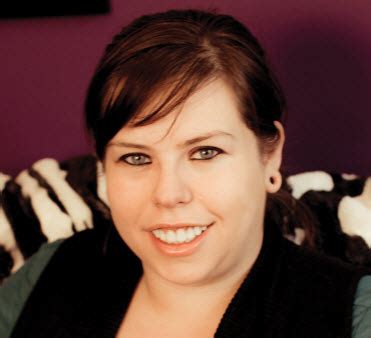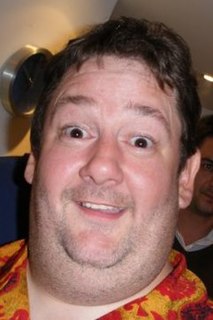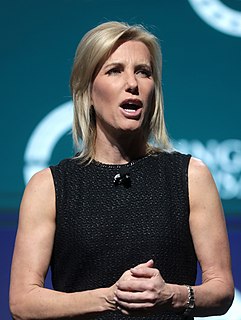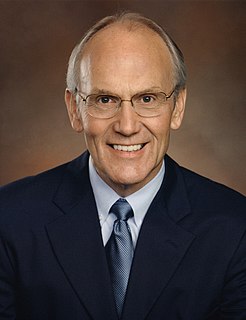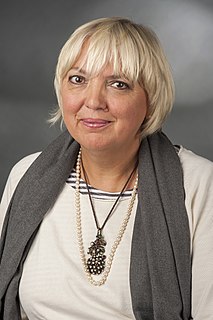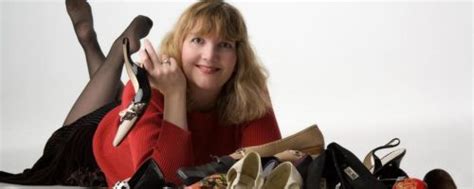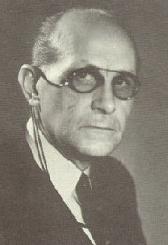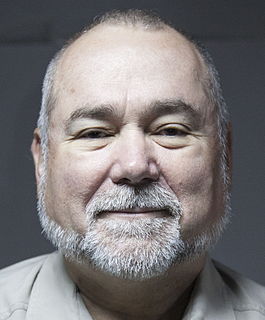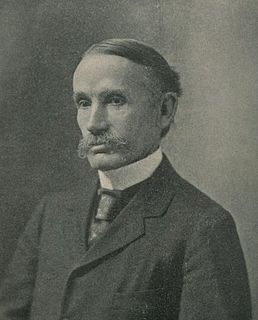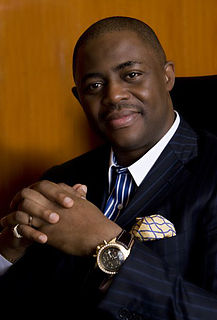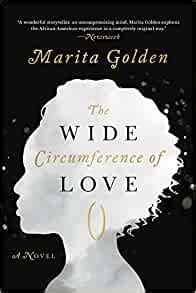Top 171 Seller Quotes & Sayings - Page 3
Explore popular Seller quotes.
Last updated on November 15, 2024.
I treat my writing like a day job, like my main job, even if for many years I was doing other jobs to pay the bills. I worked as a copy editor. I was a medical guinea pig. I was an eBay power seller of ladies' handbags. I was an assistant to a bookie at the horse races. I bartended. I did anything I could to make ends meet.
If you look at the best-seller list, it is mostly thrillers. Very few books attempt to create an image of the life we live. I knew there were writers who wore tweed coats and lived in Connecticut and somehow made a living, and that's what I aimed to do. I've tried to write as well as I can with books that say something to any reader.
The people on the QVC shopping channel convince me that life is worth living. They see the good in everything. People who go to counselling should actually go to a room with a QVC seller for half an hour and let them find the qualities within them. For example, they'd look at me and say, 'To anybody else this looks like a stomach but, actually, his feet never get wet in the rain.
If you want a good handbag and glasses, it's hard to get something without the brand name on it because it's so important to have the charmed inscription. The only way you do it... This handbag was the only one in the shop without a charmed inscription. It's just an ordinary bag. I went into the department store in Sloane Square, because I needed a new bag, because my old one lost its handles. Then I found this one, and I said "Why is it so cheap?" and the seller said, "Because it doesn't have a name!"
When Emily Dickinson's poems were published in the 1890s, they were a best-seller; the first book of her poems went through eleven editions of a print run of about 400. So the first print run out of Boston for a first book of poems was 400 for a country that had fifty million people in it. Now a first print run for a first book is maybe 2,000? So that's a five-time increase in the expectation of readership. Probably the audience is almost exactly the same size as it was in 1900, if you just took that one example.
No one can write a best-seller by taking thought. The slightest touch of insincerity blurs its appeal. The writer who keeps his tongue in his cheek, who knows that he is writing for fools and that, therefore, he had better write like a fool, makes a respectable living out of serials and novelettes; but he will never make the vast, the blaring, half a million success. That comes of blended sincerity and vitality.
However, the daily life of the slaves in the South, as observed by many travelers, was obscured for all time by the relentless promotion of a single book, Harriet Beecher Stowe's "Uncle Tom's Cabin." Even today, any black who dares to say that perhaps we are not as badly off as our brethren in the jungles of Africa is hooted down as an "Uncle Tom." [...] It was no accident that Harriet Beecher Stowe's book became the greatest best seller of its time - it was tirelessly promoted throughout the entire nation, in the most successful book promotion campaign in our history.
I used to think that good short-sellers could be trained like long-focused value investors because it should be the same skill set; you’re tearing into the numbers, you’re valuing the businesses, you’re assigning a consolidated value, and hopefully you’re seeing something the market doesn’t see.But now I’ve learned that there’s a big difference between a long-focused value investor and a good short-seller. That difference is psychological and I think it falls into the realm of behavioral finance.
In 2003, I wrote a New York Times best-seller called 'Shut Up & Sing,' in which I criticized celebrities like the Dixie Chicks & Barbra Streisand who were trashing then-President George W. Bush. I have used a variation of that title for more than 15 years to respond to performers who sound off on politics.
Truth is the pearl without price. One cannot obtain truth by buying it-all you can do is to strive for spiritual truth and when one is ready, it will be given freely. Nor should spiritual truth be sold, lest the seller be injured spiritually. You lose any spiritual contact the moment you commercialize it. Those who have the truth would not be packaging and selling it, so anyone who is selling it, really does not possess it.
Somehow, women's romance novels are not titled He Stopped When I Said "No". They are, though, titled Sweet Savage Love, in which the woman rejects the hand of her gentler lover who saves her from the rapist and marries the man who repeatedly and savagely rapes her. It is this "marry the rapist" theme that not only turned Sweet Savage Love into a best-seller but also into one of women's most enduring romance novels.
So smile when you read a headline that says "Investors lose as market falls." Edit it in your mind to "Disinvestors lose as market falls-but investors gain." Though writers often forget this truism, there is a buyer for every seller and what hurts one necessarily helps the other. (As they say in golf matches: "Every putt makes someone happy.")
I am always interested in why young people become writers, and from talking with many I have concluded that most do not want to be writers working eight and ten hours a day and accomplishing little; they want to have been writers, garnering the rewards of having completed a best-seller. They aspire to the rewards of writing but not to the travail.
Hope drives us to invent new fixes for old messes, which in turn create ever more dangerous messes. Hope elects the politician with the biggest empty promise; and as any stockbroker or lottery seller knows, most of us will take a slim hope over prudent and predictable frugality. Hope, like greed, fuels the engine of capitalism.
A price drop in a good stock is only a tragedy if you sell at that price and never buy more. To me, a price drop is an opportunity to load up on bargains from among your worst performers and your laggards that show promise. If you can't convince yourself "When I'm down 25 percent, I'm a buyer" and banish forever the fatal thought "When I'm down 25 percent, I'm a seller," then you'll never make a decent profit in stocks.
What kills love? Only this: Neglect. Not to see you when you stand before me. Not to think of you in the little things. Not to make the road wide for you, the table spread for you. To choose you out of habit not desire, to pass the flower seller without a thought. To leave the dishes unwashed, the bed unmade, to ignore you in the mornings, make use of you at night. To crave another while pecking your cheek. To say your name without hearing it, to assume it is mine to call.
Many entrepreneurs embrace profit-making and charitable purposes. Companies such as shoes seller Toms and eyeglass firm Warby Parker sell products at a profit with a pledge to devote part of their earnings to the needy. The number of for-profit businesses with a built-in charitable dimension has proliferated.
I always knew I was a writer. And I always thought to myself, 'Well, why not me?' Someone has to be on the best-seller list, 'Why not me?' Someone has to write for the 'New Yorker,' 'Why not me?' And I didn't really get much positive reinforcement as a kid, so I thought, 'Well let me show you what I can do.'
The best thing about doing a signing tour is that numbers become faces. I got to sign books for six or seven thousand people, all of whom were dreadfully nice. Everything else, the interviews, the hotels, the plane travel, the best-seller lists, even the sushi, gets old awfully fast. Well, maybe not the sushi.
It's almost as if we have two lobes in our brain. There's the consumer and investor mode, and we're doing better and better at that lobe. But at the producer and seller mode, we have to work harder and harder. And the better we do as consumers and investors - the easier it is for us to choose something better, to exit every commercial relationship - the harder we have to work as sellers and producers. One follows from the other.
I never considered myself a writer. I'm a teacher. In a way, I feel kind of... kind of guilty for all the people who are writers who hope to be on the best-seller list someday, who live for that and don't get it, and it came to me as a kind of free gift, like God coming to Abraham and announcing, 'I've chosen you!'
By the respectable terms of the modern literary profession, novelists do not preach. And, in fact, there has probably not been a less respectable novelist among the irrefutably enduring writers of our time than Ayn Rand: philosopher queen of the best-seller lists in the forties and fifties, cult phenomenon and nationally declared threat to public morality in the sixties, guru to the Libertarians and to White House economic policy in the seventies, and a continuing exemplar or Wilde's tragic observation that more than half of modern culture depends on what one shouldn't read.
If you're a short-seller, that's a cacophony of negative reinforcement. You're basically told that you're wrong in every way imaginable every day. It takes a certain type of individual to drown that noise and negative reinforcement out and to remind oneself that their work is accurate and what they're hearing is not.
When I wrote the first Betsy book, 'Undead and Unwed,' I had no idea, none, that it would be a career-defining, genre-defining book, the first of over a dozen in the series, the first of over 70 published books, the first on my road to the best-seller list, the first on my road to being published in 15 countries.
The point is that if a book that had been published three years ago started to sell twice as many all of a sudden it probably wouldn't even get noticed. People wouldn't be tracking it. The system has cleaned up its act an awful lot but the best-seller list system is not an entirely foolproof thing.
Before my book, 'California,' came out, I had modest hopes for it. Or, let's put it this way - I had the same hopes that every literary fiction writer in America has: I wanted the novel to be well-received, critically. As for sales? I didn't want it to disappoint, but I didn't expect it to be a best-seller, either.
The world's greatest need . . . is mutual confidence. No human being ever knows all the secrets of another's heart. Yet there is enough confidence between mother and child, husband and wife, buyer and seller . . . to make social life a practical possibility. Confidence may be risky, but it is nothing like so risky as mistrust.
As has been stated, the purpose of money is to split barter into two parts so that the seller is free to find his source of supply later and elsewhere. This is the sole purpose of money. Any effort to use money to serve another purpose is perversive; and this statement condemns the entire managed money philosophy.
If it so happened that I had once written a best-seller, this was a pure accident, due to inattention and naivete, and I would take very good care never to do the same again. If I had a message for my contemporaries, I said, it was surely this: Be anything you like, be madmen, drunks, and bastards of every shape and form, but at all costs avoid one thing: success.
Public agency is emergent, and the ability of the public to literally put any bank or corporation out of business overnight is looming. To paraphrase Abe Lincoln, you cannot screw all of the people all of the time. We're there. All we lack is a major precipitant – our Tunisian fruit seller. When it happens the revolution will be deep and lasting.
The problem that we have is the President himself- a President who prides himself on his own weakness and incompetence and whose love of false prophets and strange women knows no bounds and has no end. A President who is as confused and as clueless as the comic character called Chancey Gardner in the celebrated 1970's Peter Seller's Hollywood blockbuster titled ”Being There
Aziraphale collected books. If he were totally honest with himself he would have to have admitted that his bookshop was simply somewhere to store them. He was not unusual in this. In order to maintain his cover as a typical second-hand book seller, he used every means short of actual physical violence to prevent customers from making a purchase. Unpleasant damp smells, glowering looks, erratic opening hours - he was incredibly good at it.
Economists tell us that the 'price' of an object and its 'value' have very little or nothing to do with one another. 'Value' is entirely subjective economic value, anyway while 'price' reflects whatever a buyer is willing to give up to get the object in question, and whatever the seller is willing to accept to give it up. Both are governed by the Law of Marginal Utility, which is actually a law of psychology, rather than economics. For government to attempt to dictate a 'fair price' betrays complete misunderstanding of the entire process.
Ironically, white America will catapult books about race to the top of the best-seller list, even as racism remains a national open wound. Obsession ain't solution, however, because reading even at its most intense and verisimilitudinous is vicarious, and once you close the book you're off the hook.



